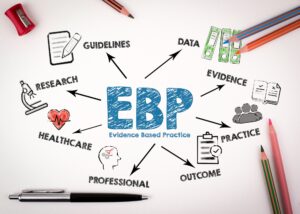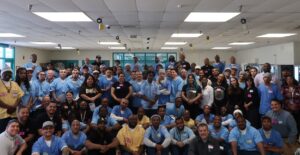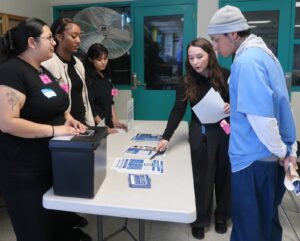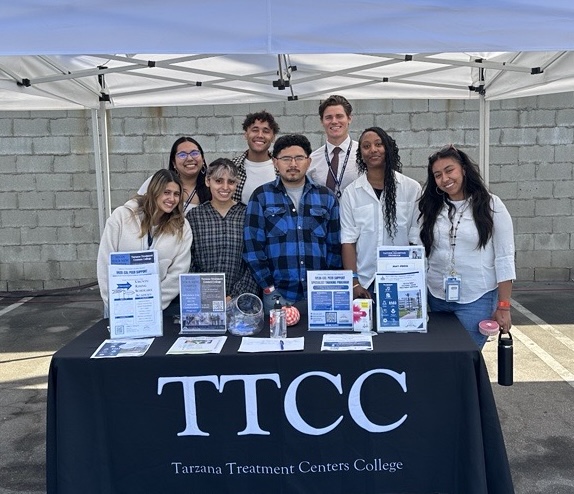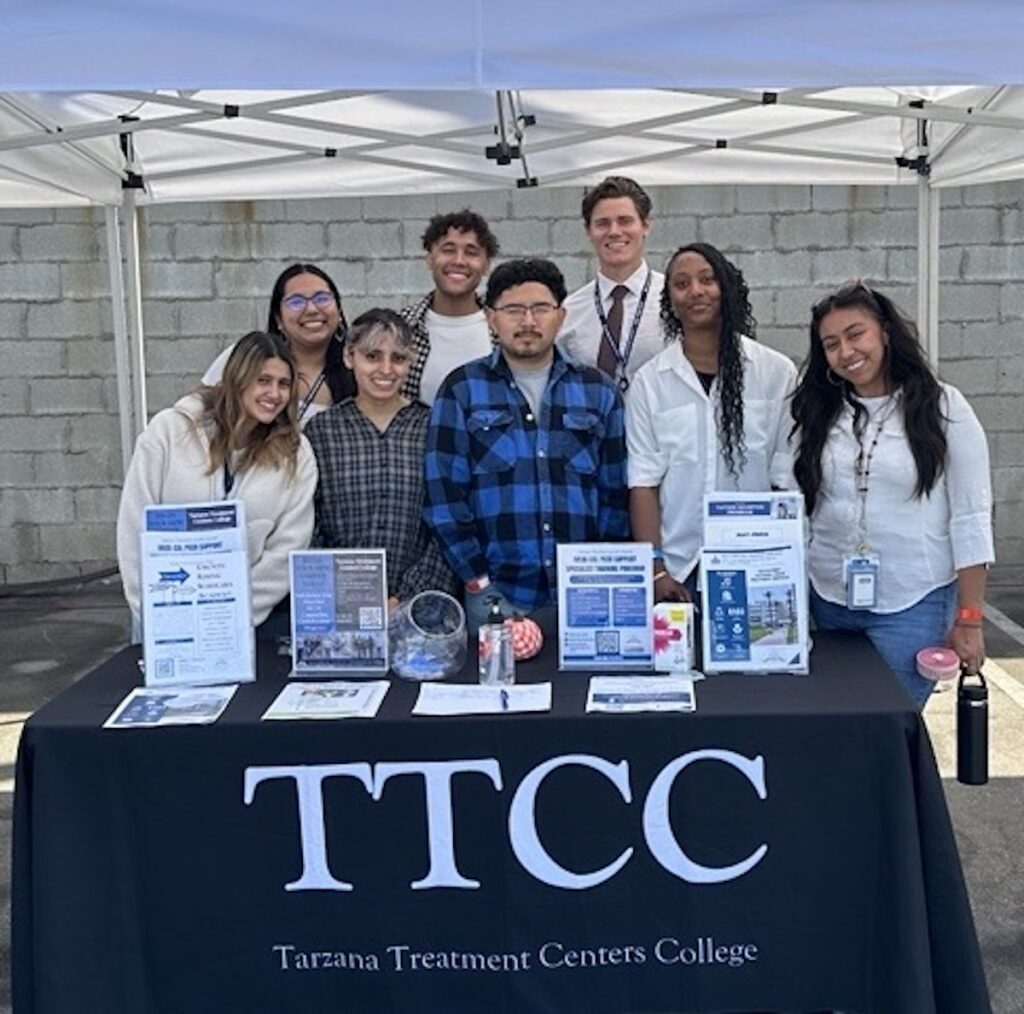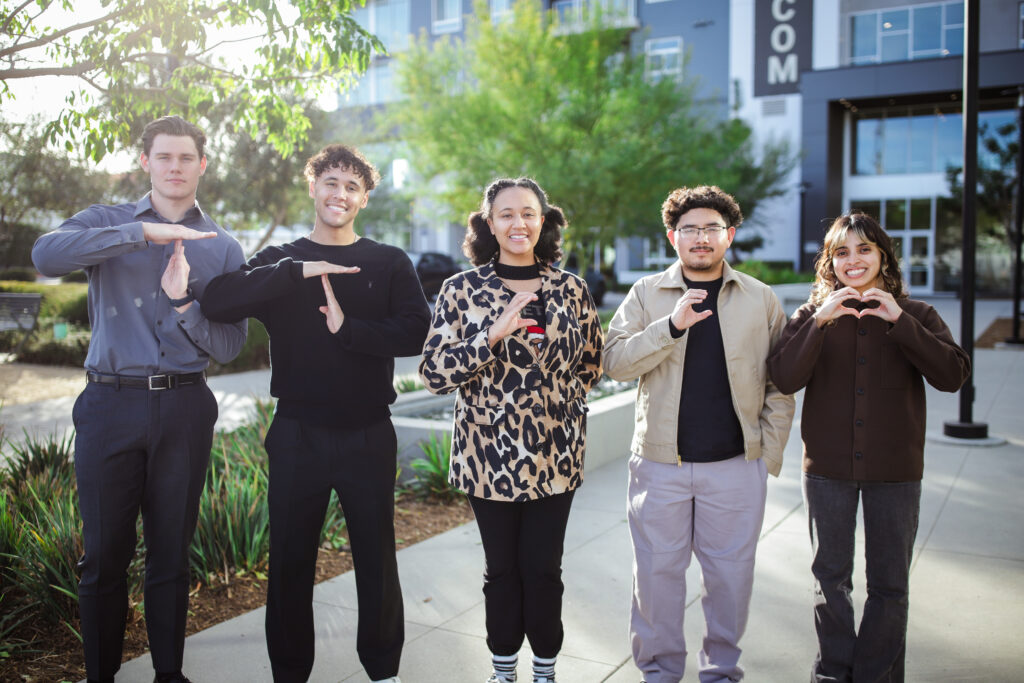On May 8, 2025, Tarzana Treatment Centers College (TTCC) welcomed families, educators, and leaders to a Community Town Hall at Van Nuys Middle School. The goal was clear: to protect youth by addressing the growing concerns around mental health and substance use.
Located in the heart of the San Fernando Valley, this evening gathering served as a platform for open conversation. It transcended mere statistics; it centered on stories. It highlighted voices, both young and old, sharing their thoughts in a safe, supportive environment. Indeed, the challenges of today were approached with compassion and intelligence.
Why This Community Town Hall Mattered
Youth today navigate intense pressure. Even in middle school, students encounter dangers like fentanyl, laced marijuana, and opioids. At the same time, many struggle silently with anxiety, depression, and isolation.
TTCC created this Community Town Hall as a space to address these realities with honesty and care. Held on a school campus, the setting served as a reminder that prevention begins in the place where young people spend the most time—at school, with peers, and surrounded by trusted adults.
The event was not merely a presentation; it was a collective moment of recognition, reflection, and responsibility.
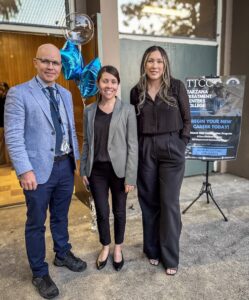
A Panel Grounded in Expertise and Experience
The panel included individuals who confront these challenges daily:
- Kevin Burns, Substance Abuse Prevention and Control Bureau
- Angelica Ayala, Office of Supervisor Lindsey Horvath
- Stephanie Giron, Psychiatric Social Worker, Van Nuys Middle School
Each panelist brought their unique perspective—policy, community, education—but their message aligned. From each panelist, the message was clear: Young people need our protection, our presence, and our resources.
The Q&A that followed was equally important. Parents asked genuine questions. Students paid close attention. Conversations extended long after the mic was turned off.
A Resource Fair That Connected People to Help
Outside the auditorium, attendees explored a resource fair that offered more than just brochures; it provided connections and solutions.
For example, Tarzana Treatment Centers highlighted TTC’s Youth Services offerings, including the TTC Youth Summer Program, which is now underway. To learn more about the Youth Summer Program and other TTC Youth Services in Los Angeles County, please contact us today.

Organizations like Charlie Health and the Office of Mayor Karen Bass provided practical opportunities for youth to express themselves. Community groups and city representatives shared information on treatment programs, mental health support, and local services.
Some attendees paused to write affirmations at a creative station, while others gathered contacts and referrals. For many, it marked their first step toward receiving help.
Community Town Hall Resonates Weeks Later
The impact of this Community Town Hall did not conclude at 8:00 p.m. That evening fostered new relationships, heightened awareness, and reminded youth that they are not alone.
One attendee remarked, “This was more than an event. It was a turning point.”
TTCC remains dedicated to hosting events that focus on youth, encourage honest discussions, and steer communities toward healthier futures. This town hall demonstrated that when we show up, listen, and collaborate, change begins. To learn more about our educational offerings, please reach out to us today.
📽️ Watch the Town Hall Recap on YouTube
📸 See More Highlights on Instagram





